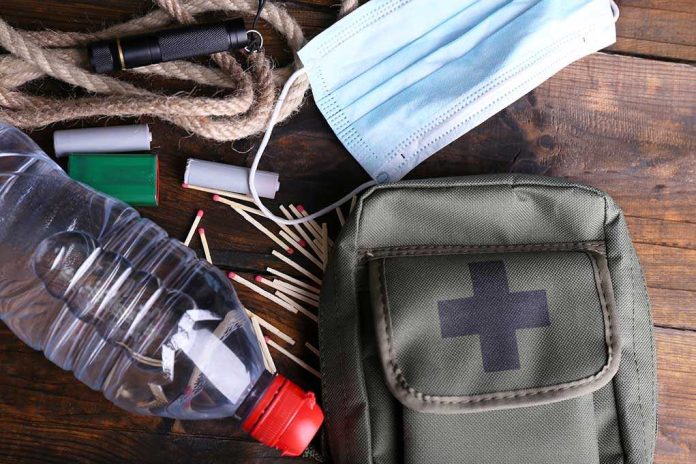
A humanitarian relief mission to Jamaica turned deadly when a small aircraft crashed into a South Florida neighborhood, killing two people and highlighting the dangerous reality facing private pilots rushing aid to disaster zones.
Story Highlights
- Small plane carrying Hurricane Melissa relief supplies crashed in Coral Springs neighborhood, killing two
- Aircraft was bound for Jamaica as part of community-organized disaster relief effort
- Crash captured on dramatic video showing plane’s final moments before impact
- Relief mission involved prominent figures including pilot Barrington Irving and musician Buju Banton
Relief Mission Turns Tragic
The small aircraft departed Miami International Airport on November 11, 2025, loaded with critical supplies for Hurricane Melissa victims in Jamaica. Within minutes of takeoff, the plane experienced difficulties and crashed into a residential area in Coral Springs. Emergency responders arrived quickly, but two lives were lost in what should have been a life-saving mission. The crash occurred during daylight hours, with multiple witnesses recording the aircraft’s final descent.
Hurricane Melissa, a Category 5 storm, devastated Jamaica just days earlier, prompting an immediate response from South Florida’s large Jamaican diaspora community. The relief effort represented the kind of grassroots humanitarian response that conservatives have long championed as superior to bloated government aid programs. Local hospitals, businesses, and civic organizations coordinated to gather medical supplies, food, and essential items for the struggling island nation.
Community Leaders Spearhead Private Relief Effort
Pilot and aviation pioneer Barrington Irving organized the relief flights alongside Jamaican reggae artist Buju Banton, who helped secure aircraft and mobilize community support. Their collaboration brought together Memorial Hospital, the Florida Panthers hockey team, Dutch Pot restaurant chain, and the cities of Miramar and Lauderhill. This public-private partnership exemplifies how American communities can respond effectively to international crises without waiting for federal bureaucracy to act.
The relief mission’s broad coalition demonstrated the power of local initiative and private charity. Irving, known for his record-breaking aviation achievements, leveraged his expertise to coordinate multiple flights. Banton’s influence within the Jamaican community helped organize volunteers and donations. Their leadership shows how individual Americans can make a meaningful difference through direct action rather than relying on government programs.
Investigation Continues as Relief Efforts Persist
Federal aviation authorities launched an immediate investigation into the crash while other relief flights continued delivering aid to Jamaica. The tragedy has not deterred organizers from their mission, with Irving and Banton publicly stating their commitment to helping hurricane victims despite the setback. Additional fundraising efforts are underway to support both continued relief operations and the families affected by the crash.
Aviation experts note that rapid-response humanitarian missions carry inherent risks, particularly when involving smaller aircraft and urgent timelines. The pressure to deliver aid quickly after disasters can sometimes lead to compromised safety protocols. This incident underscores the need for thorough pre-flight inspections and adherence to safety standards, even during emergency relief operations when time is critical.




